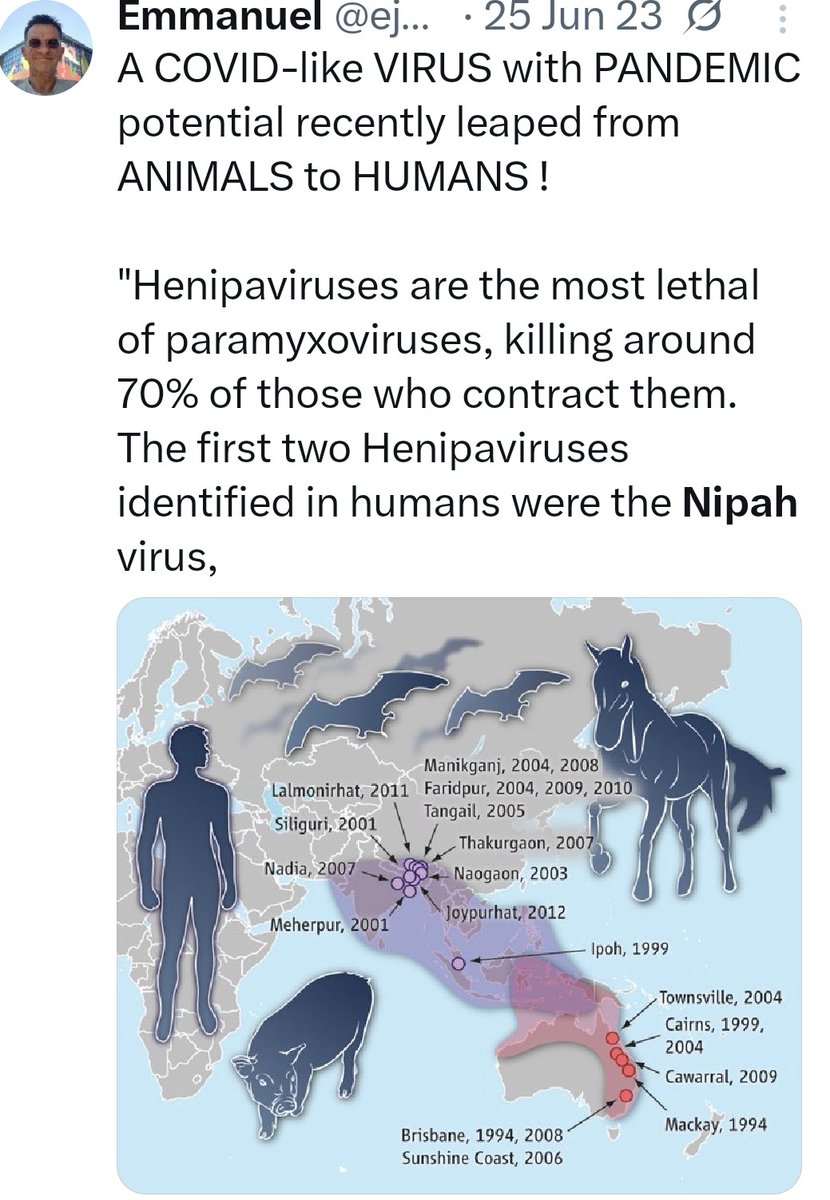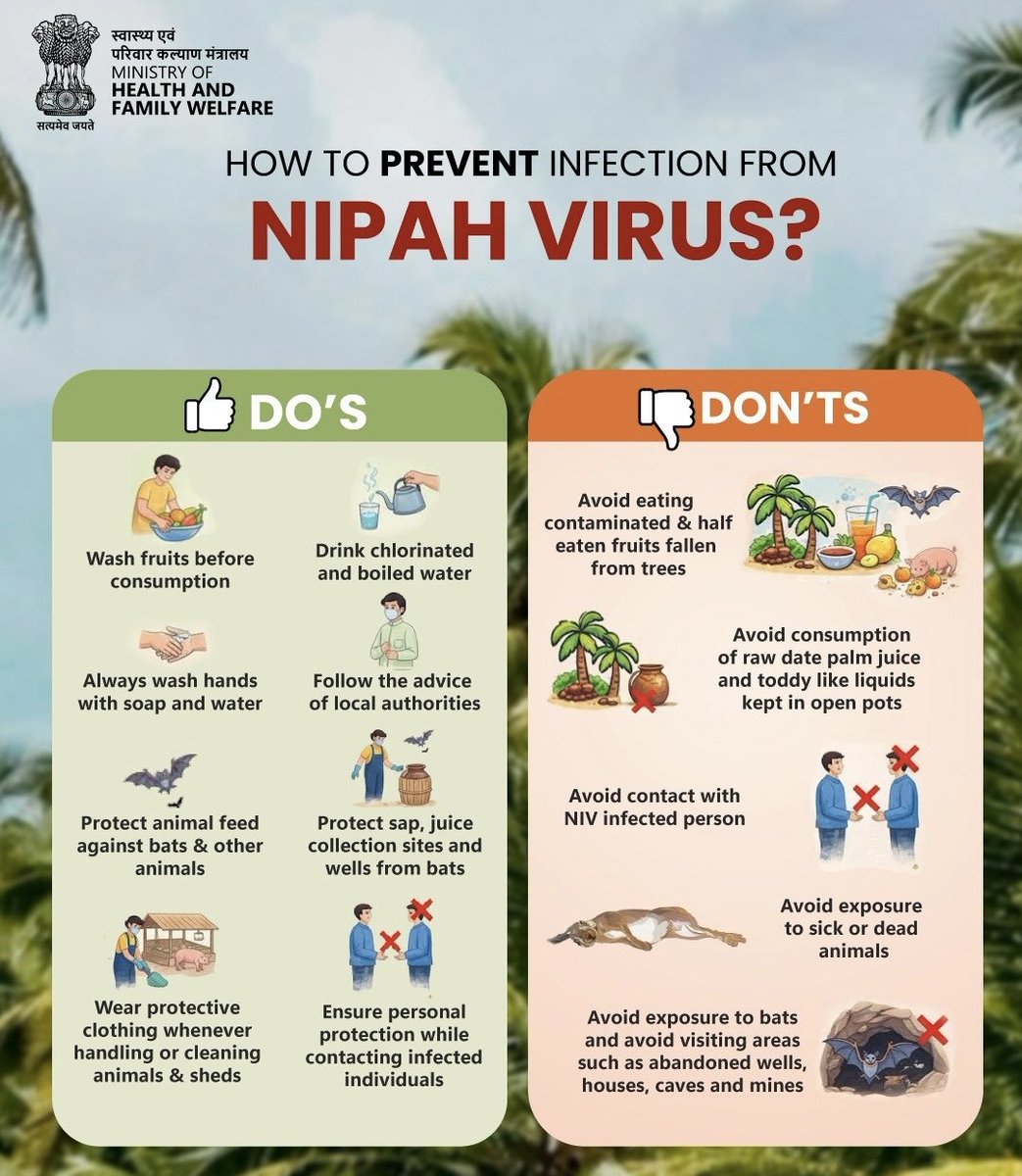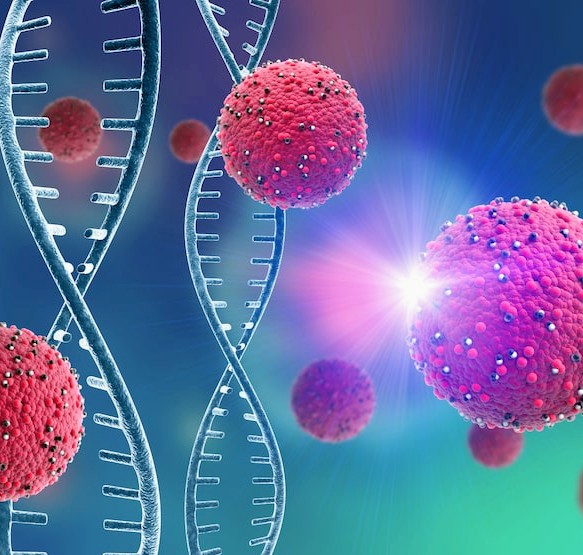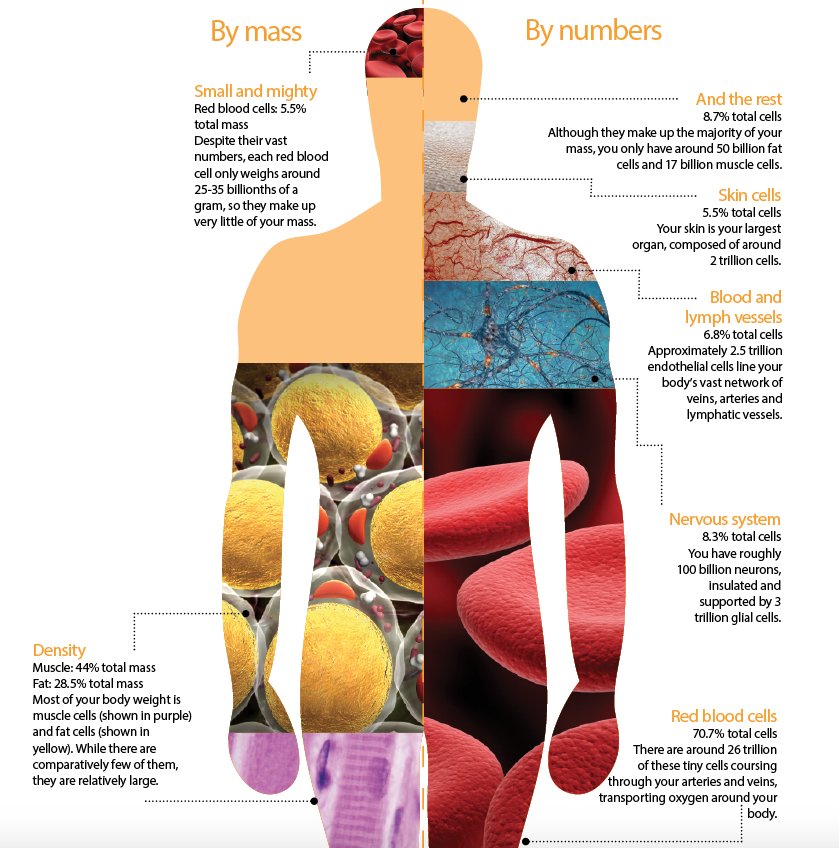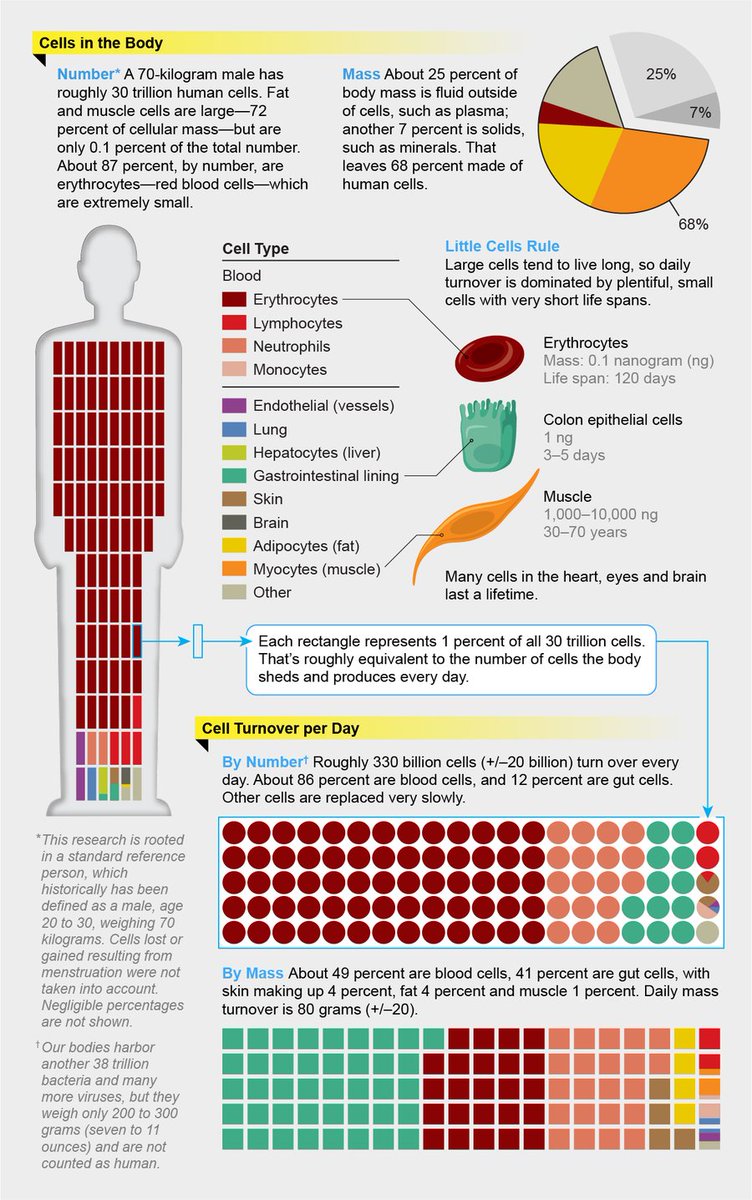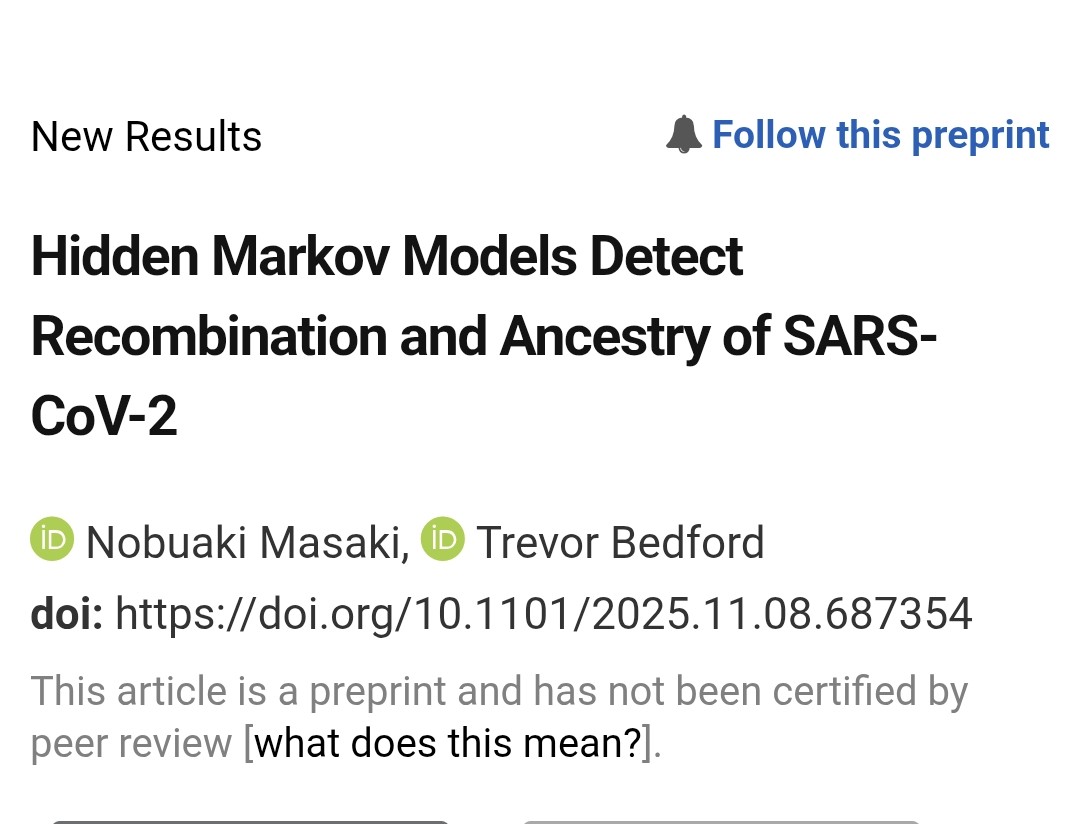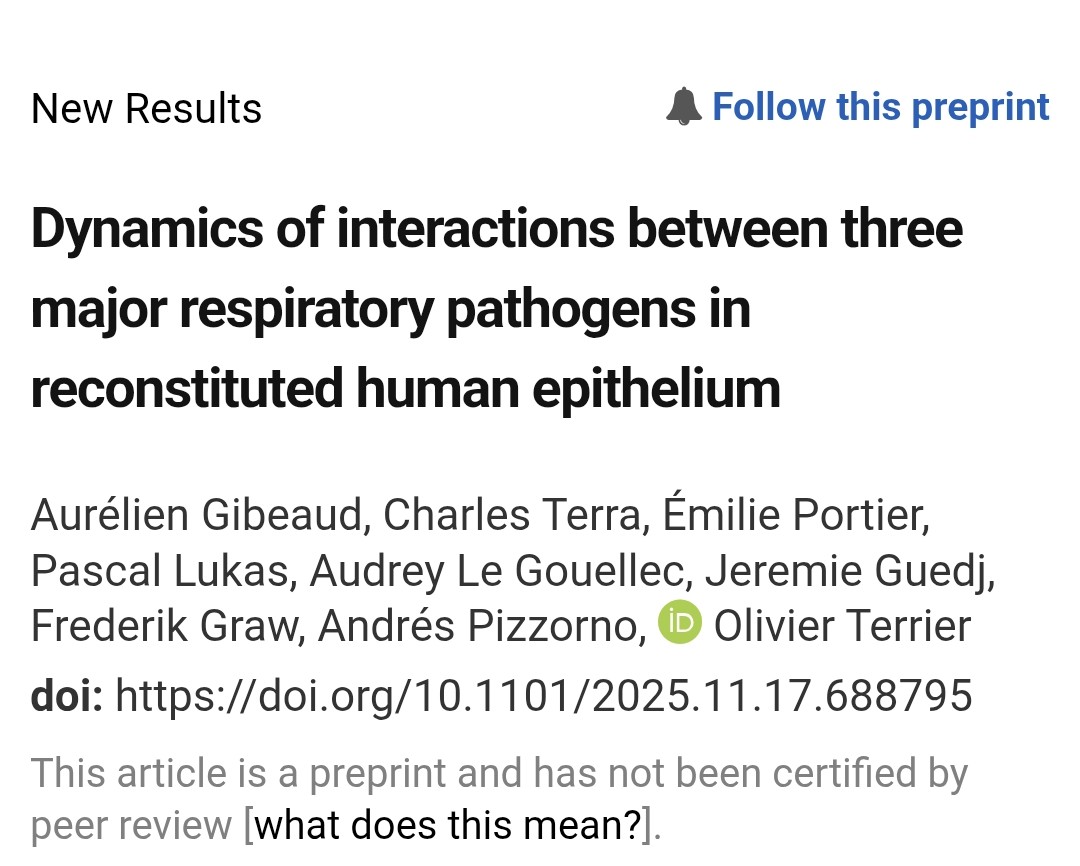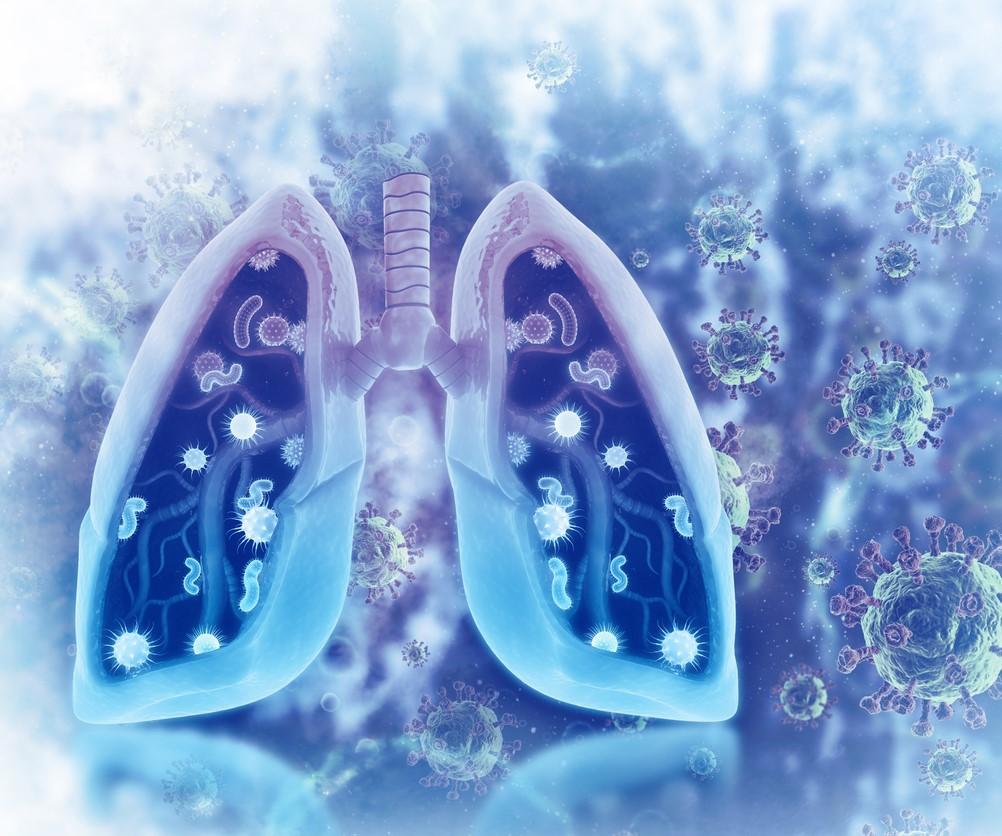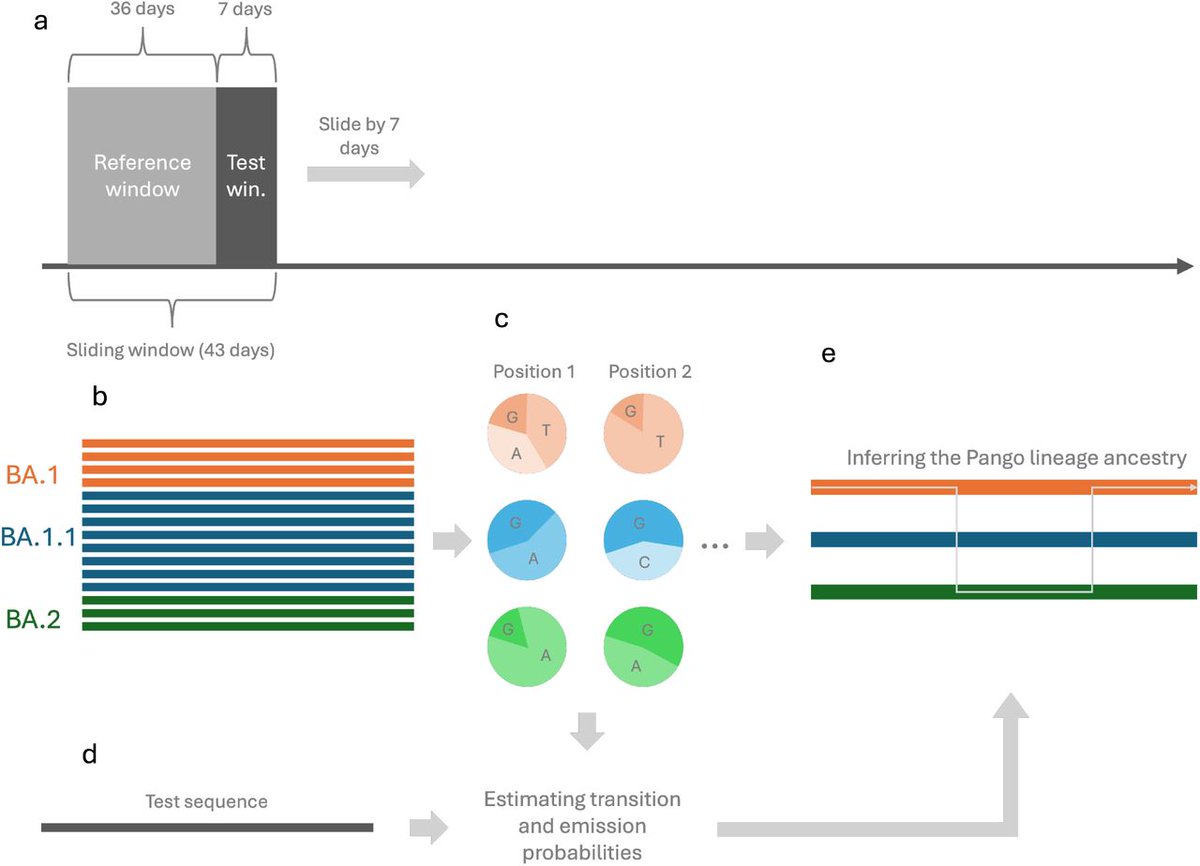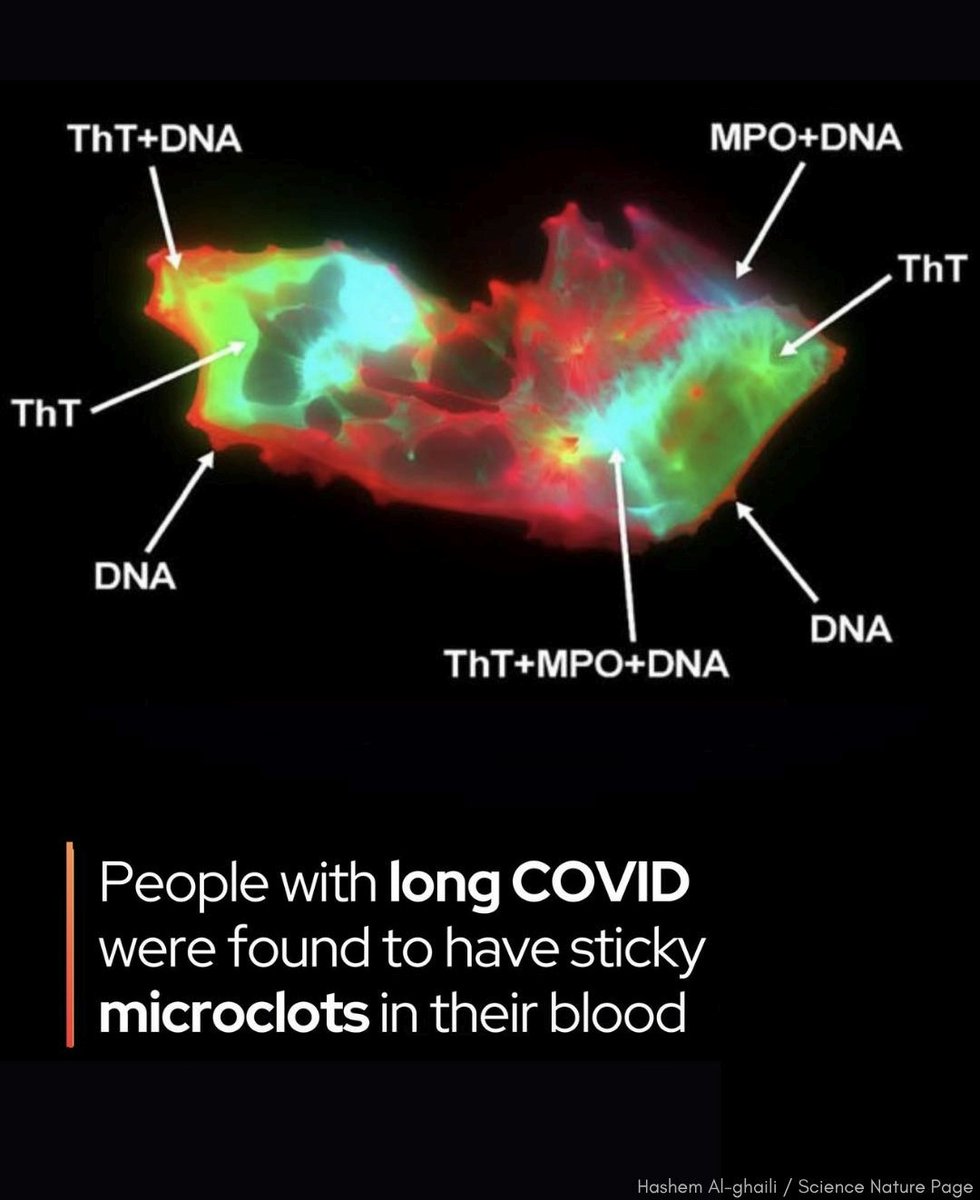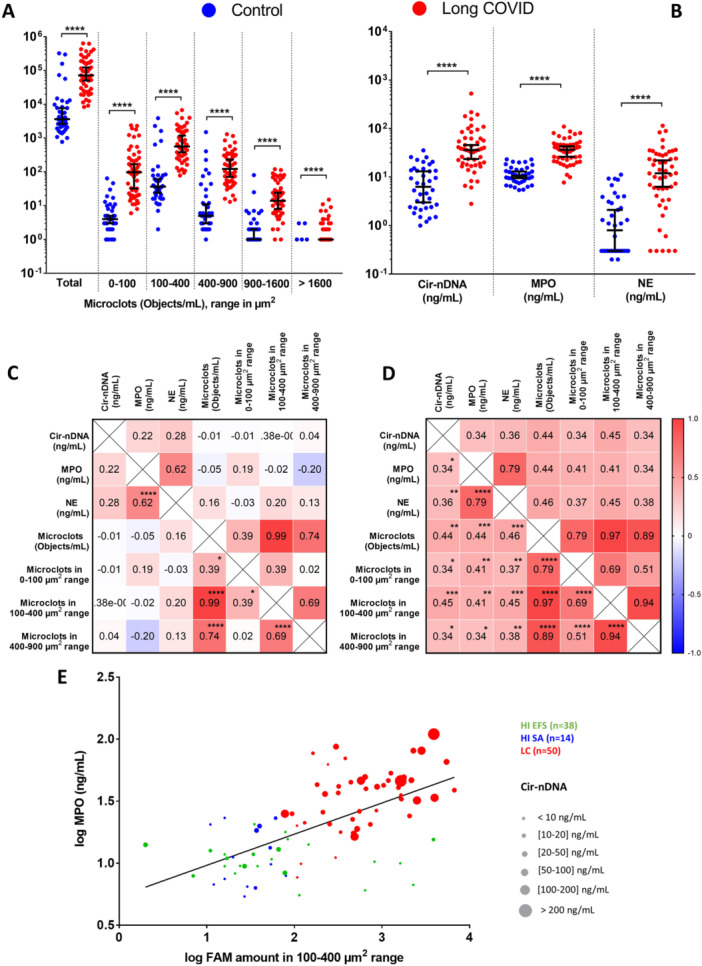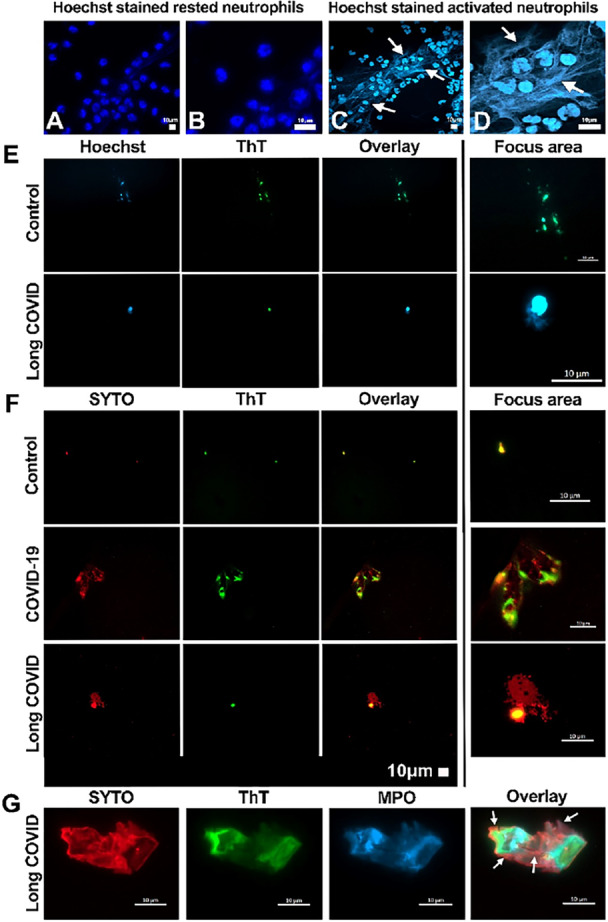𝗗𝗮𝗿𝗸 𝗦𝗶𝗱𝗲 𝗼𝗳 𝘁𝗵𝗲 𝗖𝗢𝗩𝗜𝗗-19 𝗣𝗮𝗻𝗱𝗲𝗺𝗶𝗰 :
'𝙇𝙤𝙣𝙜 𝘾𝙊𝙑𝙄𝘿'
Interesting study with 1301 patients, employees of one of the biggest national banks in Turkey. idcmjournal.org/long-covid

'𝙇𝙤𝙣𝙜 𝘾𝙊𝙑𝙄𝘿'
Interesting study with 1301 patients, employees of one of the biggest national banks in Turkey. idcmjournal.org/long-covid

2) The study examined the prevalence and risk factors for long COVID, defined as persisting symptoms for 3 or more months after acute COVID-19 infection.
A total of 1301 patients were surveyed who had tested positive for COVID-19 between March 2020 to September 2021.
A total of 1301 patients were surveyed who had tested positive for COVID-19 between March 2020 to September 2021.

3) All were employees of a large Turkish bank.
19.8% of patients (257 individuals) met the criteria for long COVID, having at least one symptom persisting for 3 or more months.
The most commonly reported long-term symptoms were myalgia (14.3%), arthralgia (14.1%) ...
19.8% of patients (257 individuals) met the criteria for long COVID, having at least one symptom persisting for 3 or more months.
The most commonly reported long-term symptoms were myalgia (14.3%), arthralgia (14.1%) ...

4) ...and back pain (13.8%). Musculoskeletal and neurological systems were most frequently affected.
Female gender and diabetes mellitus were identified as independent risk factors for long COVID based on multivariate regression analysis.
Female gender and diabetes mellitus were identified as independent risk factors for long COVID based on multivariate regression analysis.

5) COVID-19 severity did not have a significant association with long COVID risk, suggesting long-term impacts beyond acute disease severity.
The study helps characterize the prevalence and risk factors for long COVID in Turkey.
The study helps characterize the prevalence and risk factors for long COVID in Turkey.

6) Identifying those at higher risk may aid in management and rehabilitation efforts.
Thanks for reading 🙏
Thanks for reading 🙏
• • •
Missing some Tweet in this thread? You can try to
force a refresh


